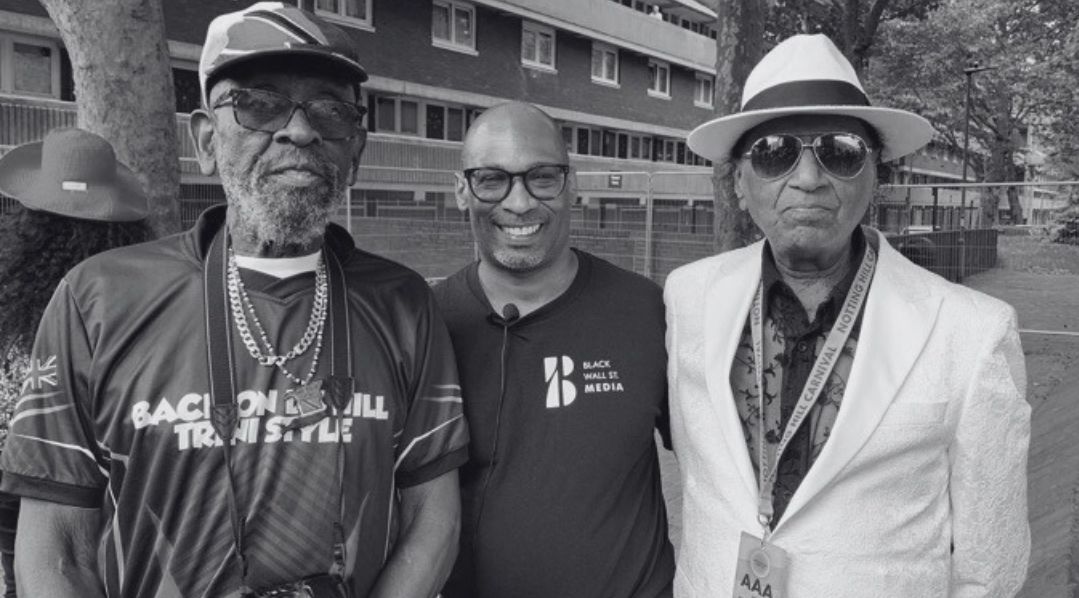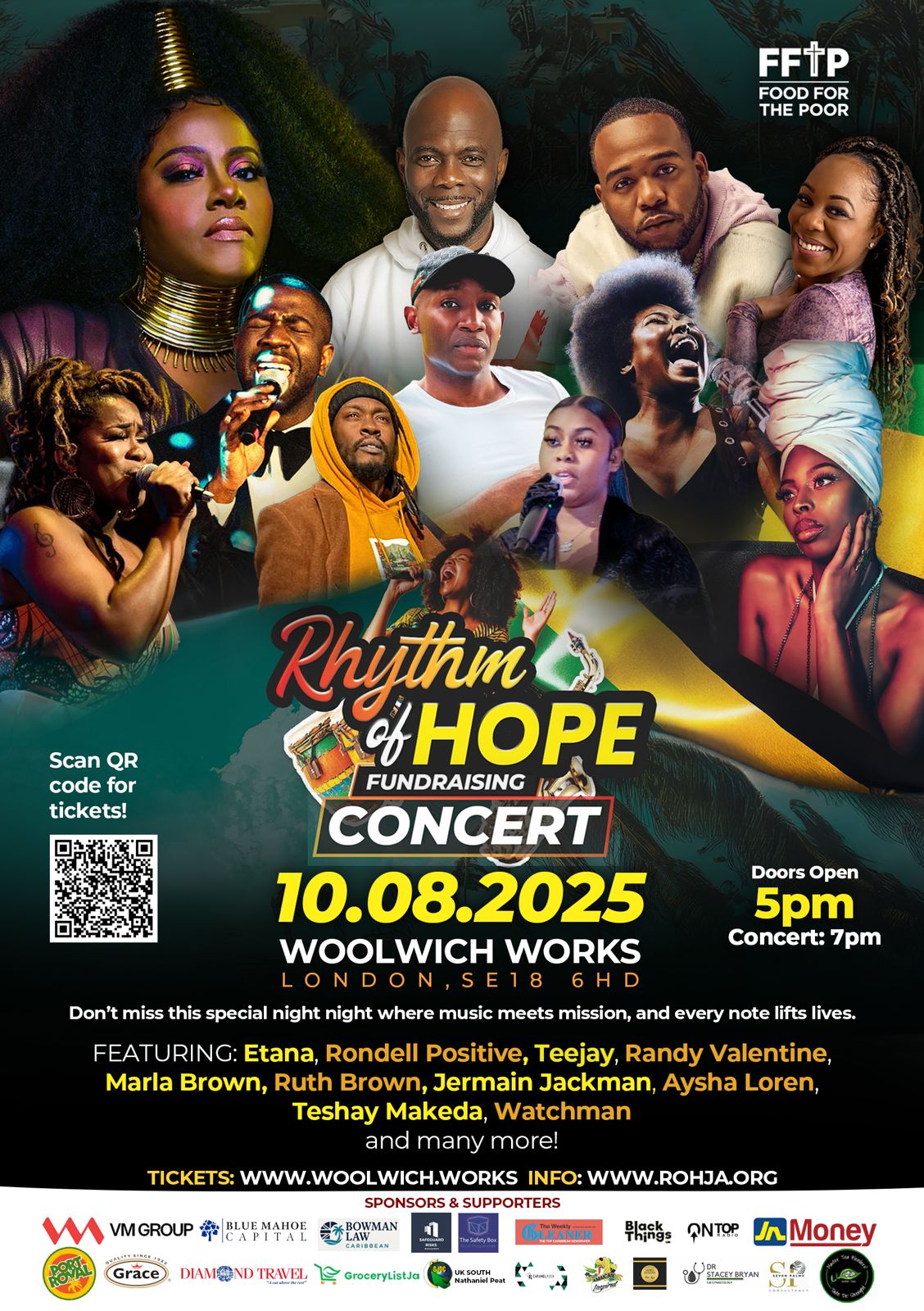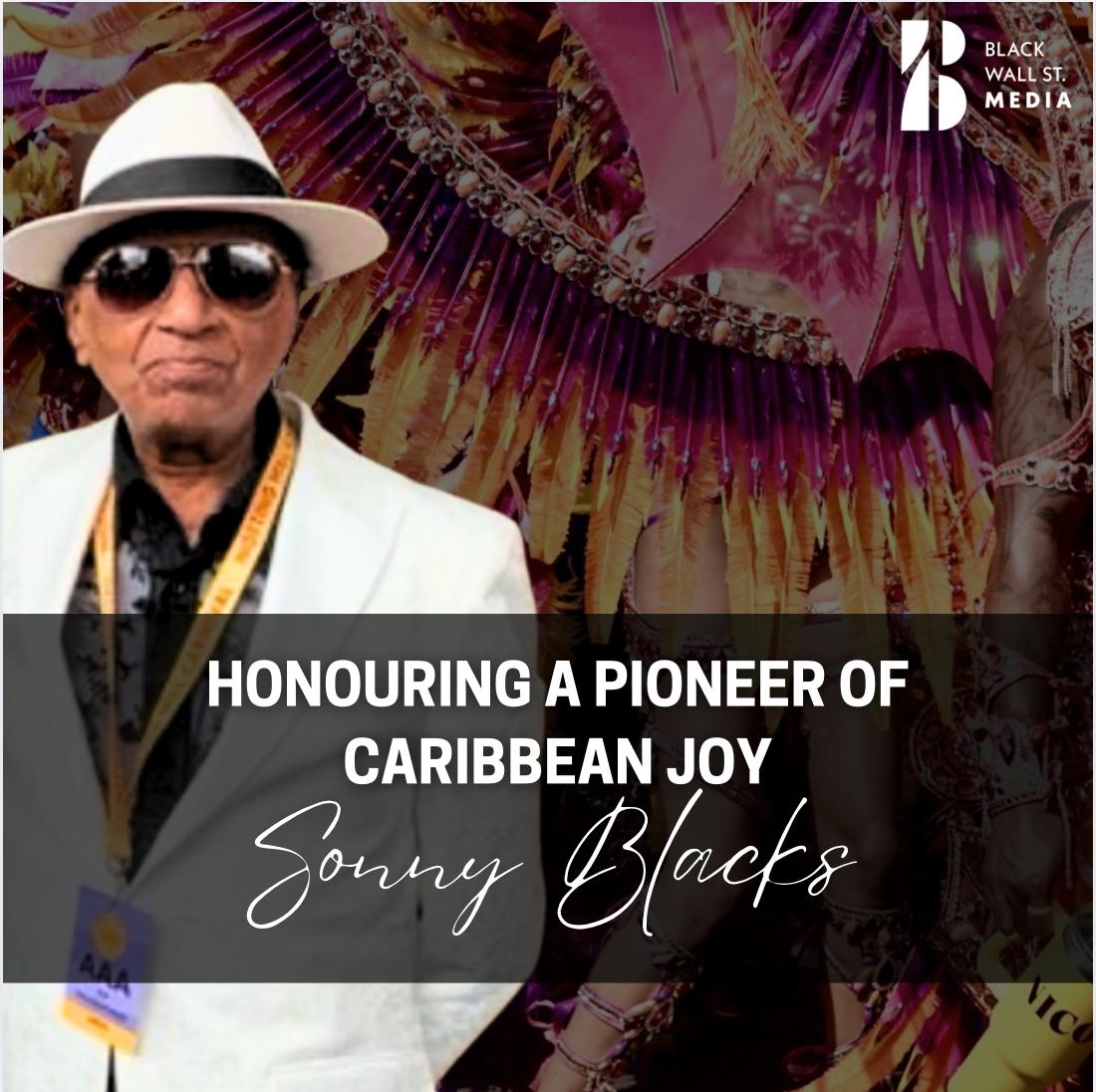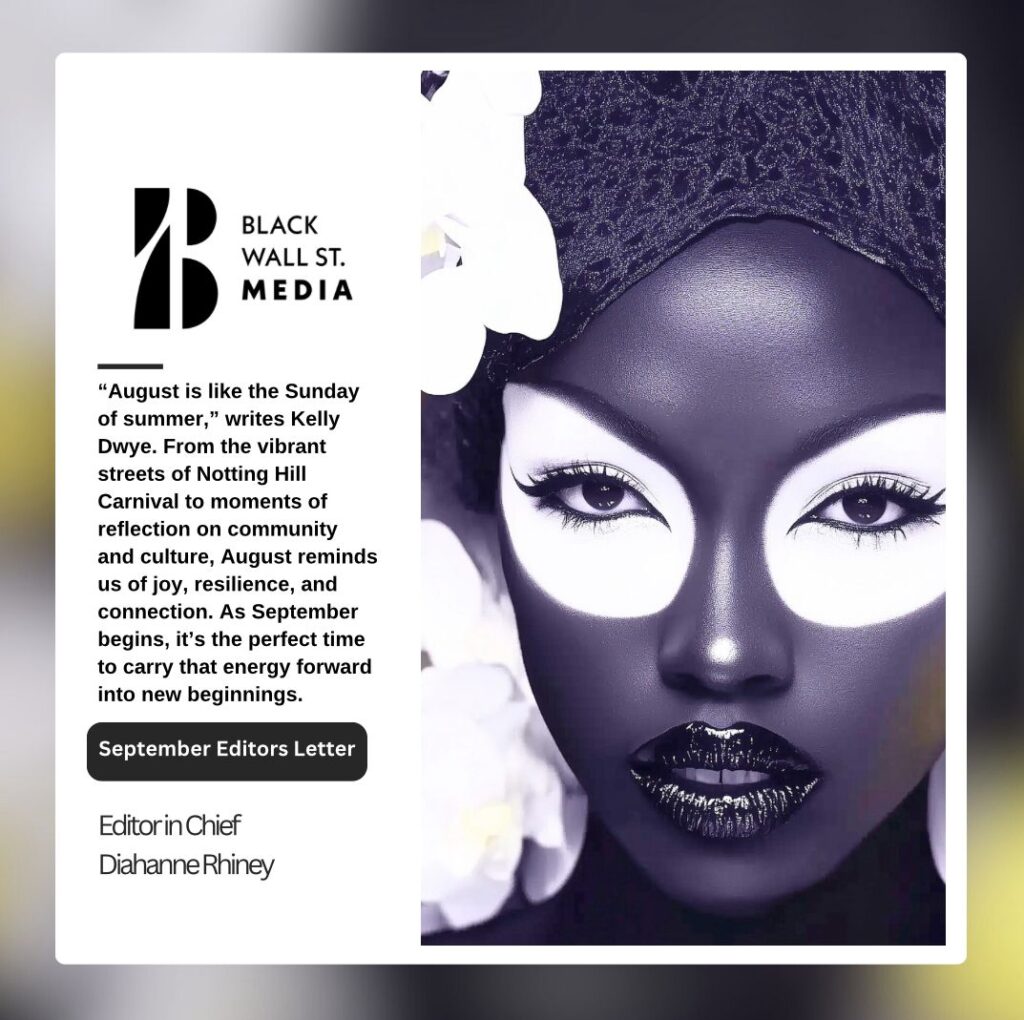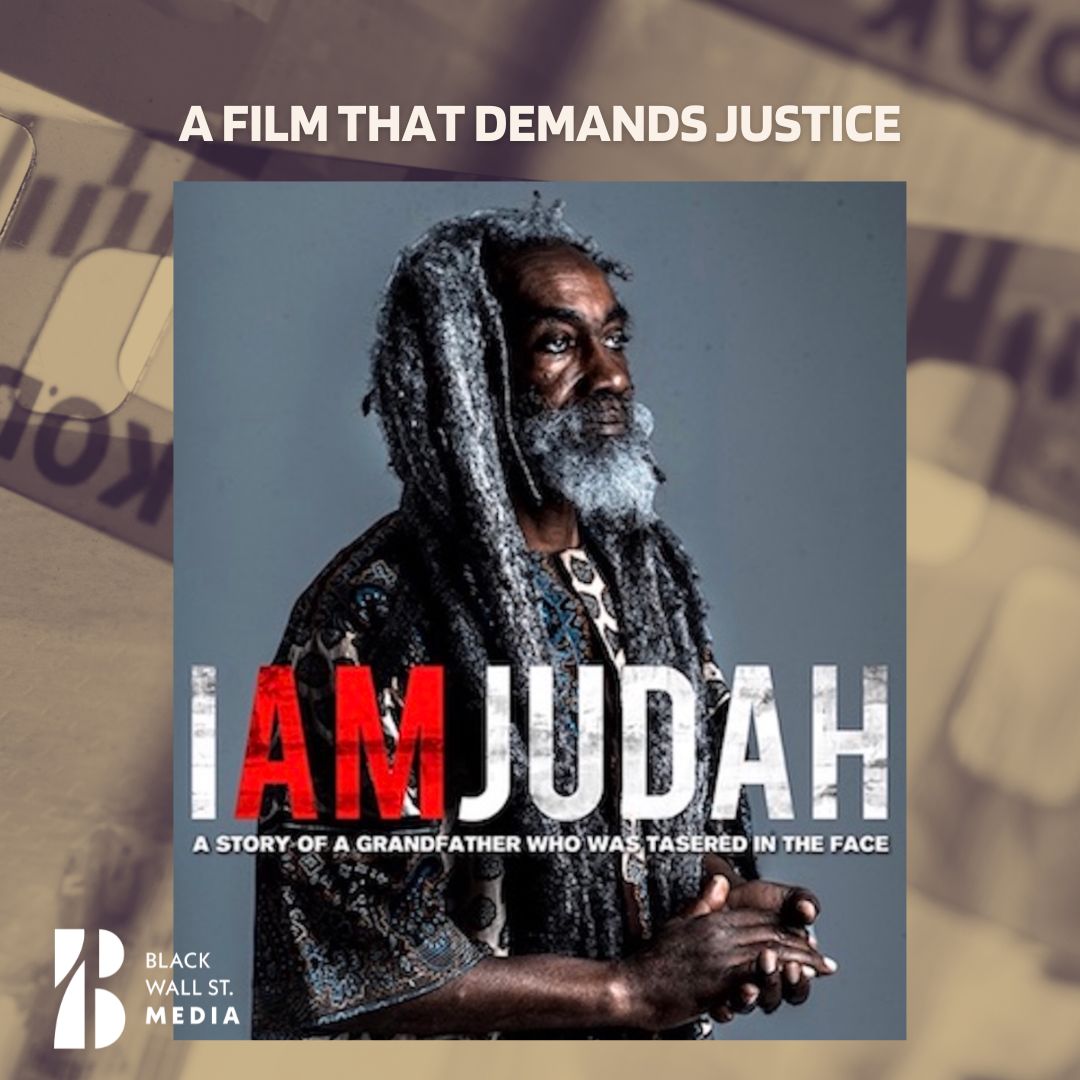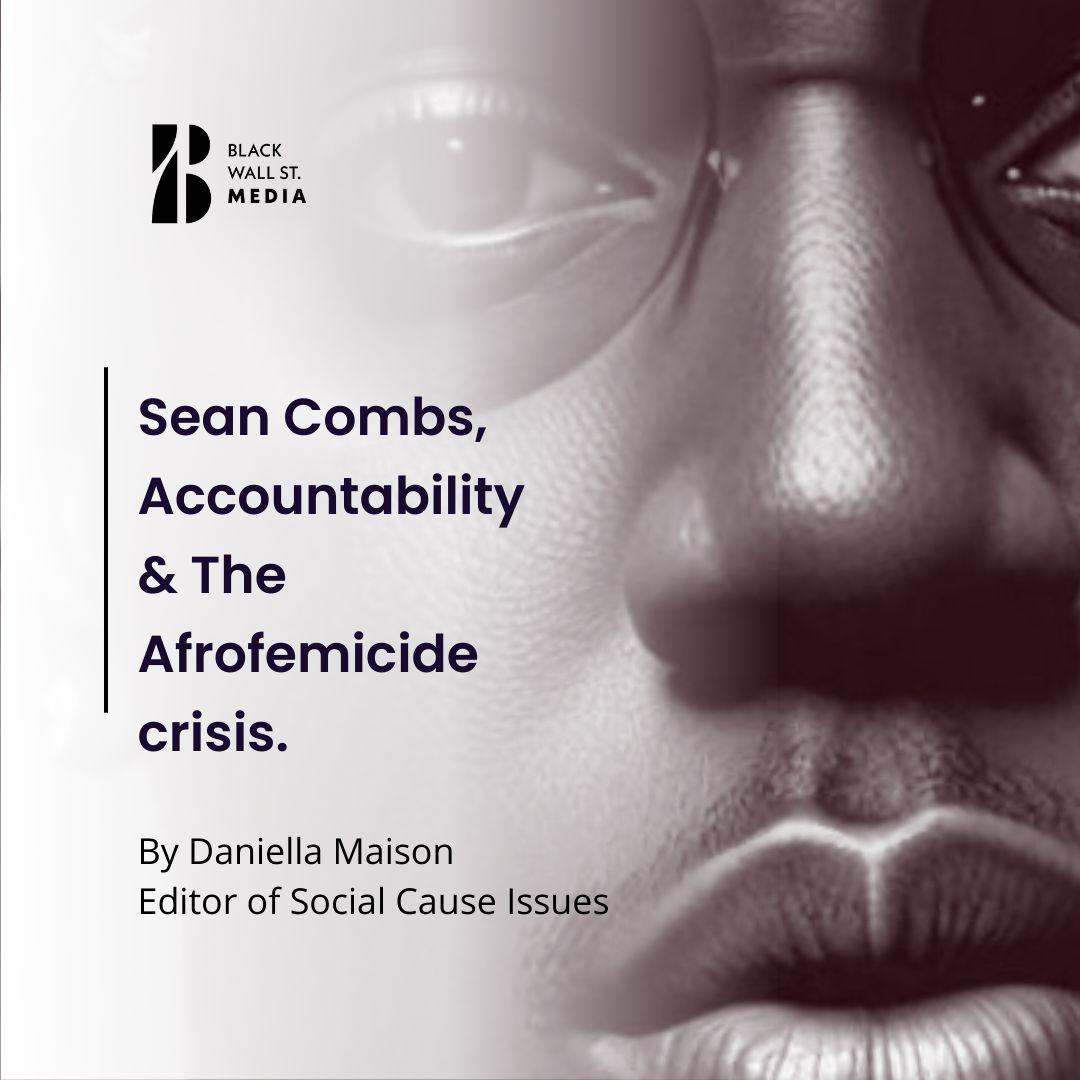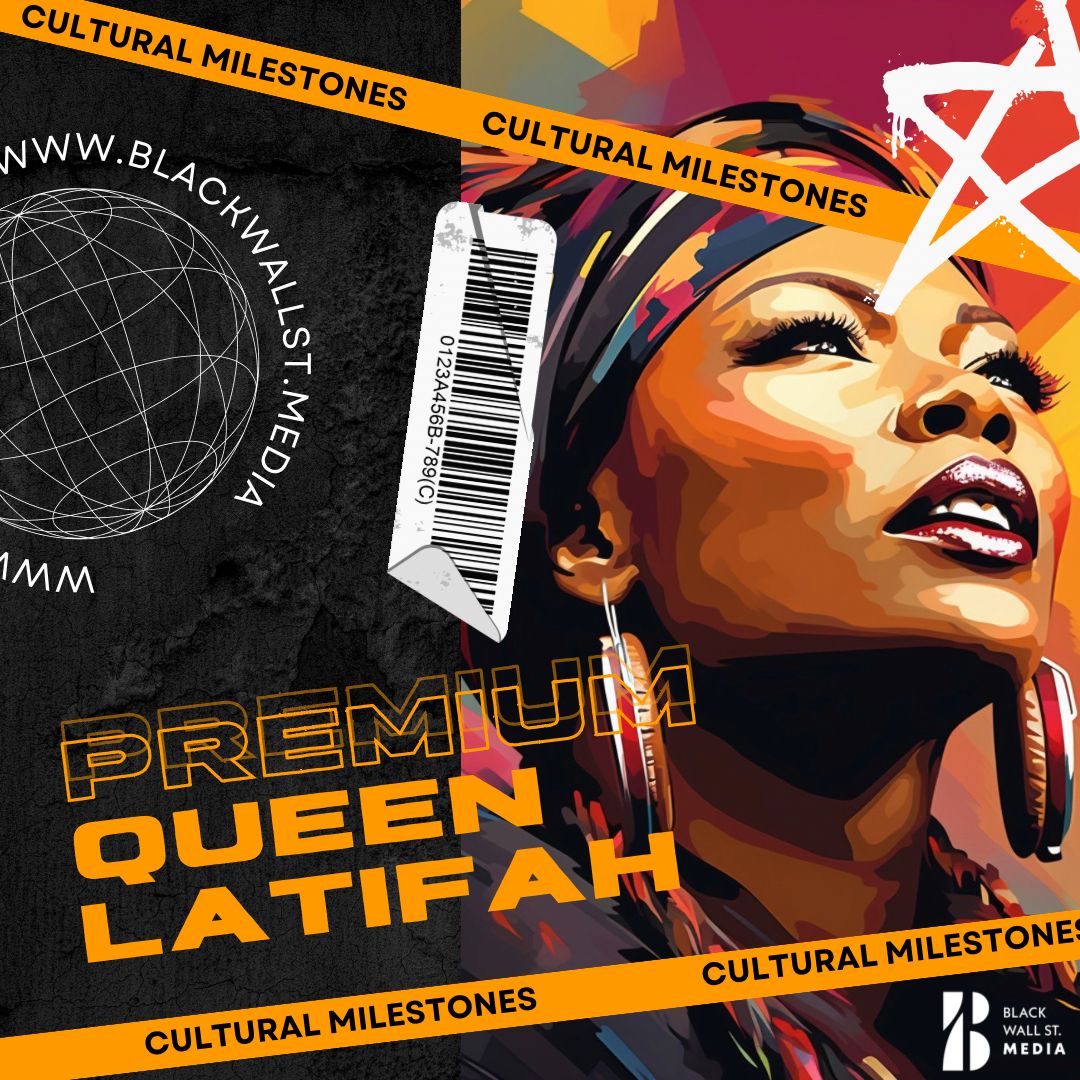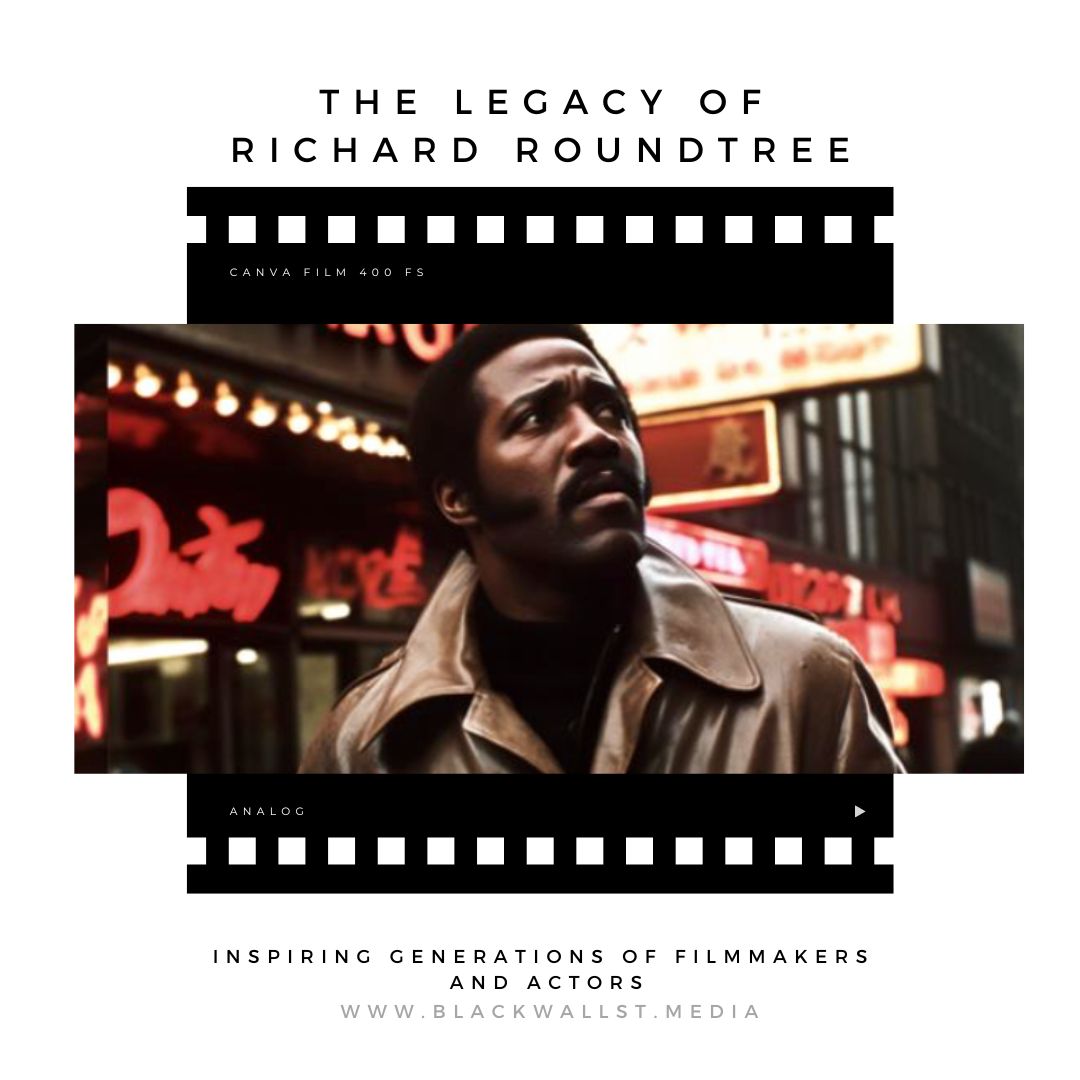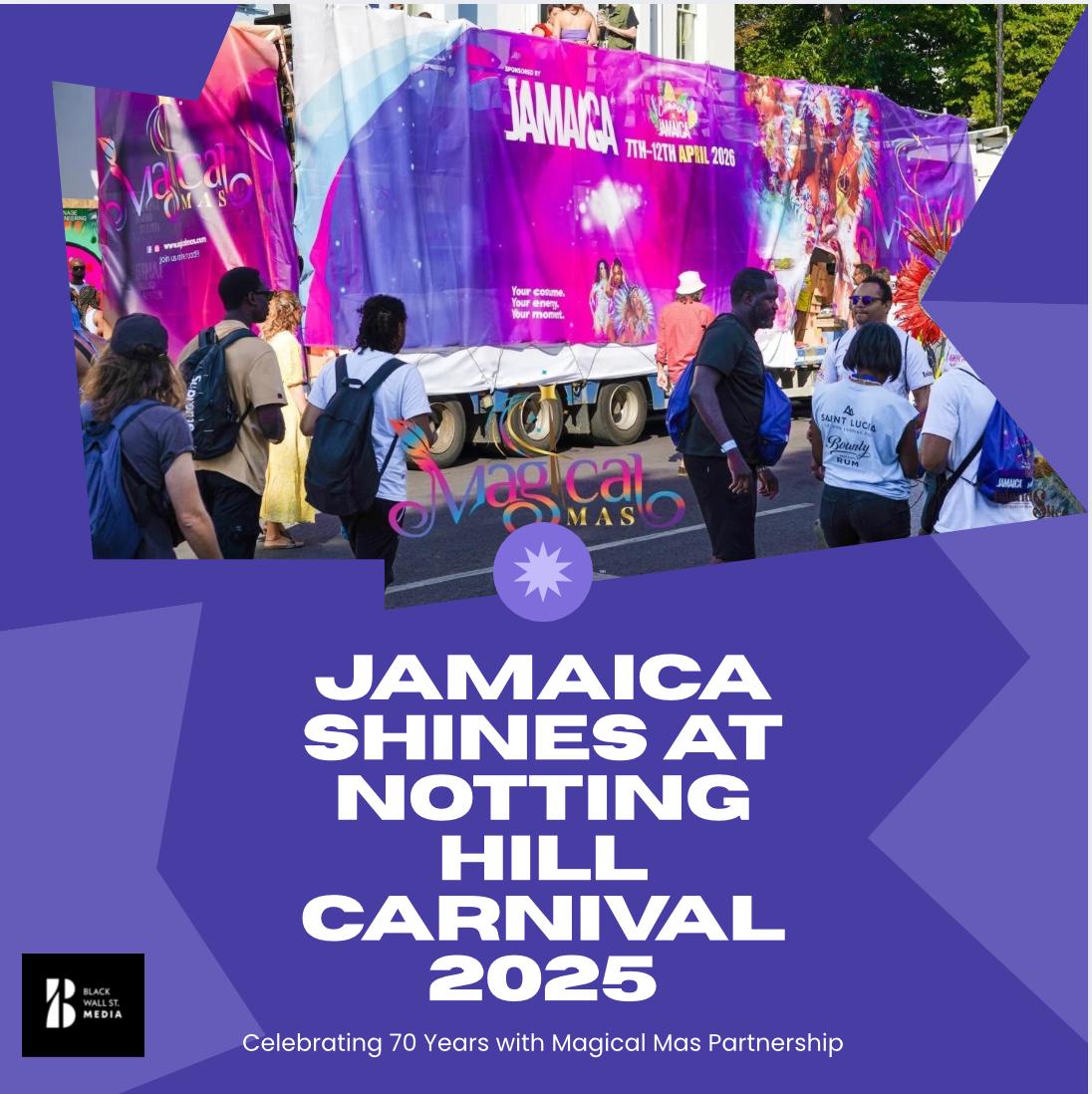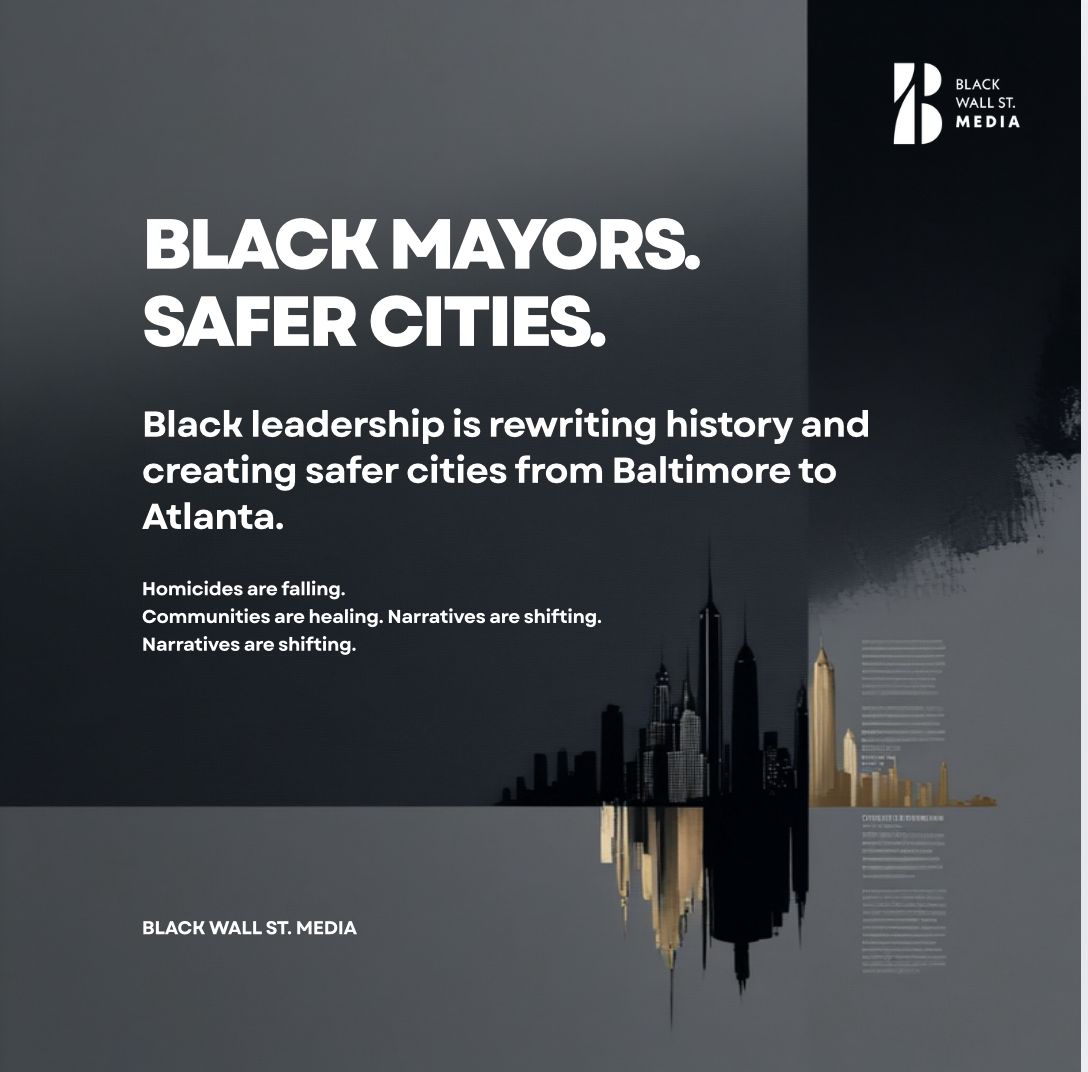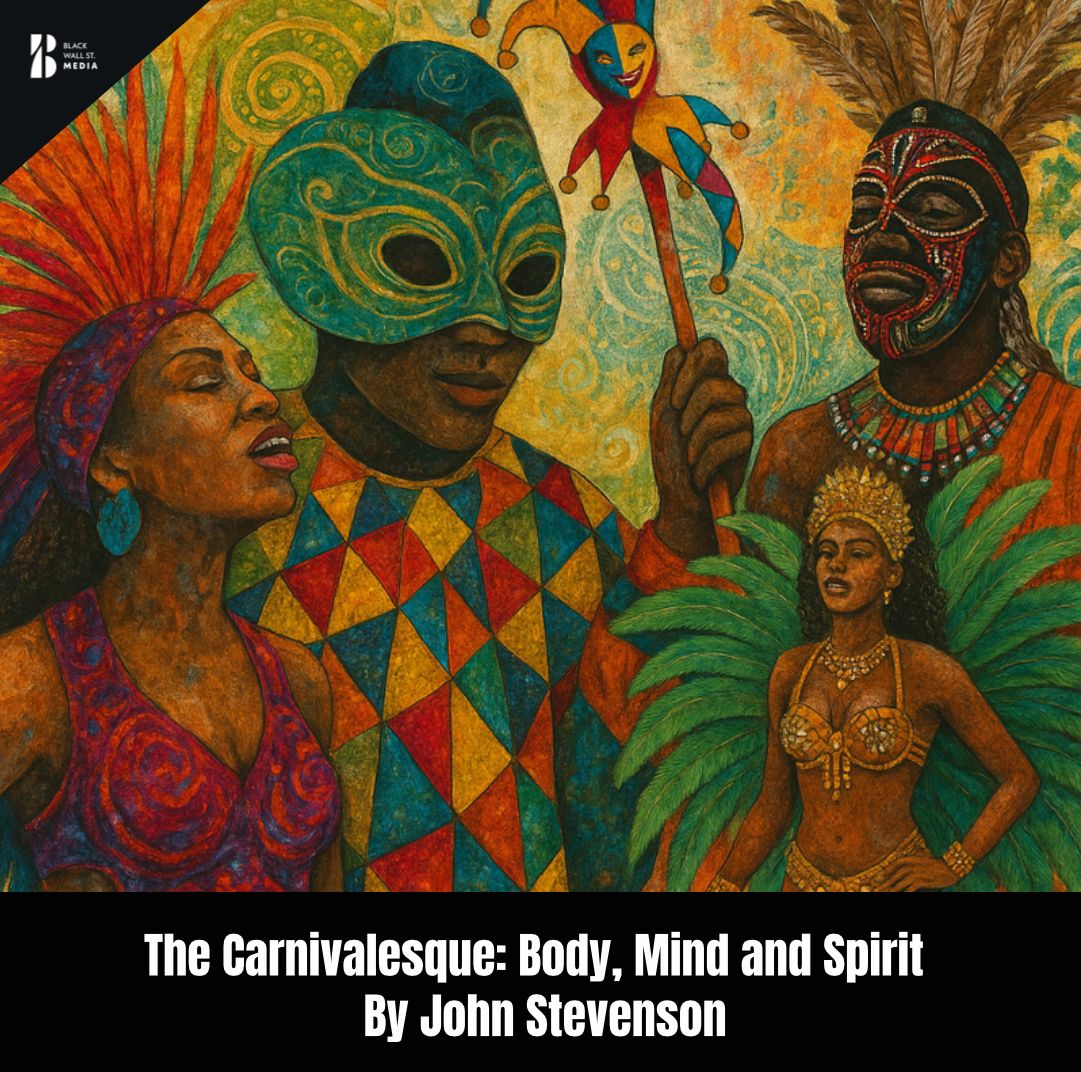Notting Hill Carnival History
Sonny Blacks: A Legacy Woven Into the Fabric of Notting Hill Carnival
“We honour the life and legacy of Sonny Blacks, one of the founding architects of Notting Hill Carnival. A cultural giant, community builder, and pioneer of steelpan and calypso in the UK, Sonny passed away peacefully on July 20, 2025.
Born in Trinidad, he helped turn Carnival into more than a celebration — into a space for culture, remembrance, and resistance. His impact echoes in every rhythm, costume, and story shared across generations.
Rest in Power, Sonny — your legacy lives on in the heart of Carnival.”
BWSMCONTRIBUTOR
Sonny Blacks: The Pulse Beneath the Pavement
By Black Wall St. Media
There are some men who do not simply live in the world — they become it. Sonny Blacks was one of those men.
He slipped away from us quietly on the morning of July 20, 2025, but make no mistake — the silence of his passing does not match the sound of the life he lived. His was a rhythm you could feel underfoot, pulsing through the pavements of Notting Hill, echoing in the steelpan’s cry, the calypsonian’s defiance, and the laughter of a people who refused to disappear.
Born in Trinidad, Sonny brought with him the music of survival. Not just melodies, but memory. Not just rhythm, but resistance. And like so many from that archipelago of sun and sorrow, he arrived in Britain with nothing promised — and everything to prove.
What he built was not simply a Carnival. That word is too light, too tame. What Sonny and his comrades carved out of concrete and suspicion was a space. A sacred place in the belly of Empire where Black people could be seen, heard, and held. He took the music of our ancestors and dared to amplify it in a land that never asked to hear it.
To the outside world, Carnival is feathers and rum, colour and chaos. But Sonny knew better. He knew Carnival was church, classroom, clinic, and courtroom. A place to teach, to heal, to remember, and to put injustice on trial — with a drumline for a gavel and freedom as the only verdict.
He was no showman, though many took the stage because of him. Sonny was the architect, the caretaker, the man behind the curtain who kept the lights on. He mentored the young, honoured the elders, and reminded us — especially in our darkest hours, in the long shadows of things like Grenfell — that joy could still be revolutionary.
He did not seek legacy. But legacy found him. It found him in the children who learn to beat a pan before they can read. It found him in the generations who now walk proudly down Ladbroke Grove, unafraid to take up space. It found him in the sound that will not die — the sound he helped protect.
And now that he is gone, it is on us — those who dance, those who remember, those who write — to carry the rhythm forward. To guard it from dilution, from commercial greed, from the soft forgetting that so often trails Black brilliance.
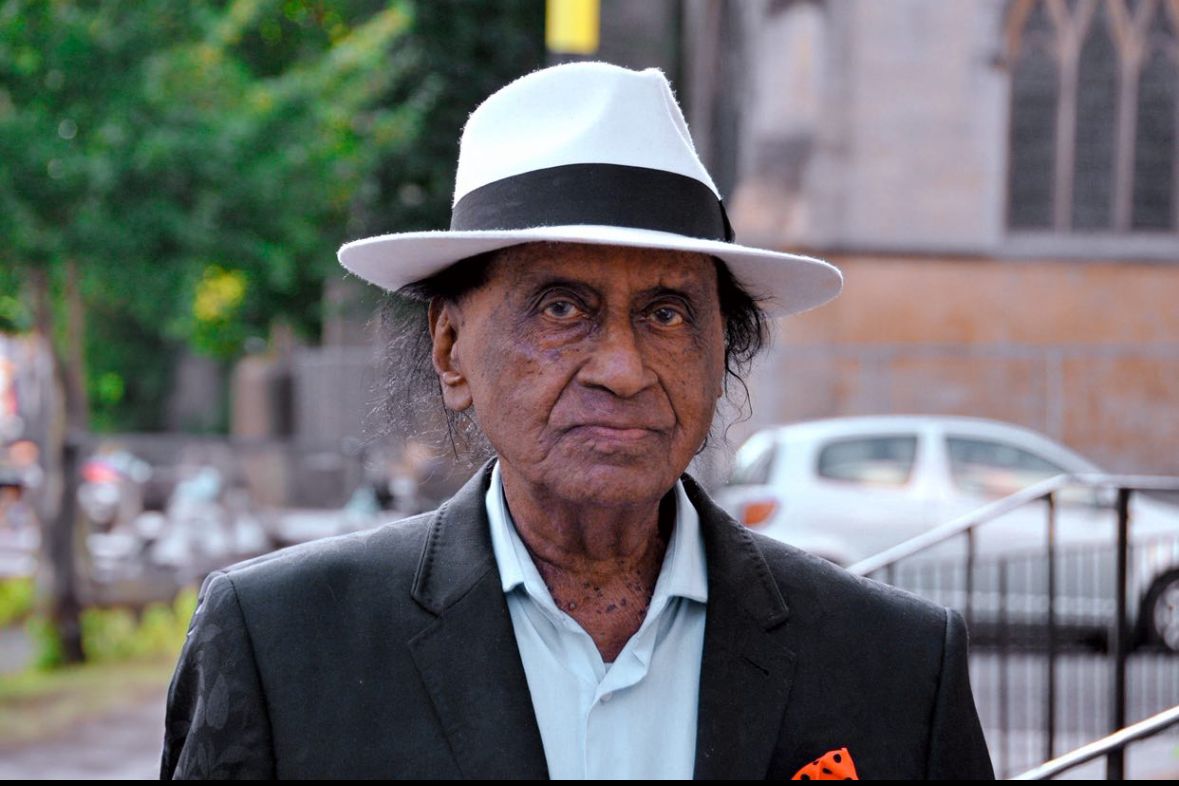
Credit: SAM SHERVINGTON
Sonny Blacks did not just give us Carnival.
He gave us a way to live without apology.
Rest well, elder. You showed us how to stand.
We will not let the beat fall silent.

